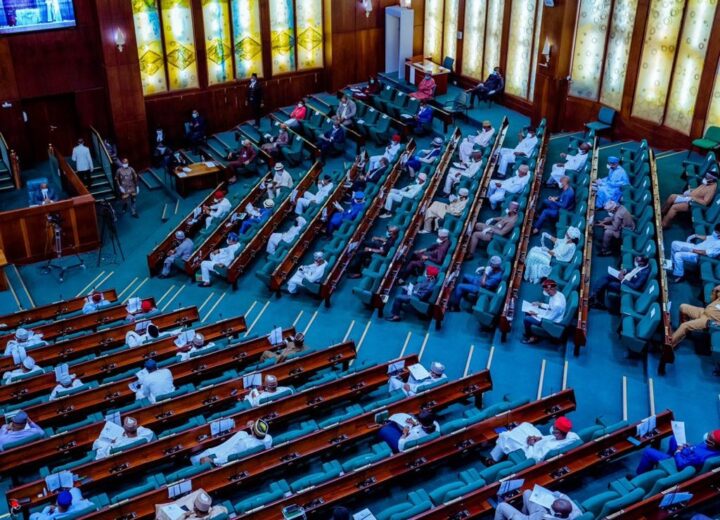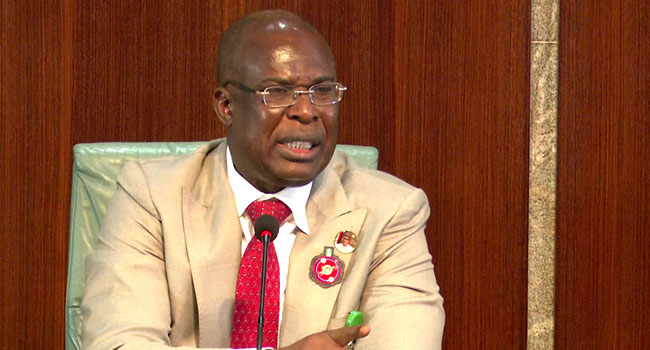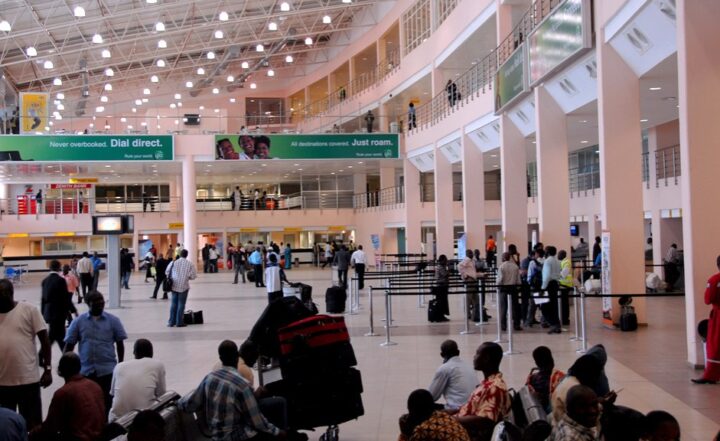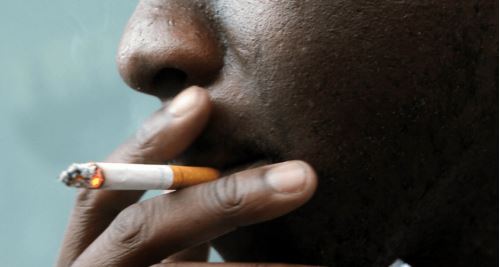Nigeria has dropped five places on the 2021 corruption perception index published by Transparency International (TI).
In the 2021 index released on Tuesday, the country scored 24 out of 100 points — ranking 154 out of 180 countries.
In the 2020 index, Nigeria had scored 25 out of 100 points, ranking 149 out of the 180 countries surveyed.
The development means that Nigeria dropped to 154 — five places down — out of the 180 countries surveyed, in comparison with the 2020 rating.
Advertisement
It also scored 25 out of 100 points — less than the 24 points obtained in the 2020 CPI.
This is the worst ranking the country has got under the administration of President Muhammadu Buhari.
In 2015, Nigeria was ranked 136th; 136th in 2016; 148th in 2017; 144th in 2018; 146th in 2019, and 149th in 2020.
Advertisement
The Civil Society Legislative Advocacy Centre (CISLAC), the national chapter of Transparency International (TI), said the CPI aggregates data from eight different sources that provide perceptions by experts and business people on the level of corruption in the public sector.
CISLAC said the CPI result is coming when the country is battling rising nationwide insecurity, high unemployment and damning revelations around public finance management.
The organisation said the index does not show specific incidents of corruption in the country but the perception of corruption.
‘NIGERIA’S WEAKNESSES IN THE FIGHT AGAINST CORRUPTION’
Advertisement
The organisation enumerated seven weaknesses that impede Nigeria’s fight against corruption, while calling for an immediate improvement for the sake of ordinary Nigerians.
The seven listed weaknesses are:
1. Damning audit report.
2. Security sector corruption.
3.Failure to investigate high profile corruption cases and prevent
Illicit financial flows (IFFs).
4. Absence of asset recovery, protection of whistle-blowers and other key anti-corruption legal frameworks.
5. Judicial challenges.
6. Corruption in the COVID-19 response.
7. Twitter ban, shrinking civic space and intimidation of human rights defenders.
Advertisement
Add a comment






